Over the course of hundreds of conversations about relationships, Iona Lawrence identified a shared challenge around measurement: We don’t know how to measure relationships or whether the game of measurement is futile.
In this blog, we seek to kickstart a generative conversation around the question of how we capture the added value of a relationship-centred approach, and whether this is a useful pursuit. We’d love to hear your experiences, challenges and ideas.

We are collectively in a place where the question of how best to measure or value relationships is deeply contested. For some people measurement is the most important shared challenge anyone interested in relationships has: if we can get better at consistently measuring the impact of relationships we might be able to nudge the skeptics away from believing that relationships are ‘fluffy’ or a nice extra.
Yet for others the act of measuring the value of relationships on terms set by funders or commissioners can threaten the very essence of them.
Wherever you are, a huge amount of energy is poured into the question of how we articulate the value of relationships, and this is threatening our resolve.
Let’s open up the question of how we measure relationships and see whether, together, we can make some progress.
What?
What are we trying to measure or assess when it comes to relationships? Why? What and who are we doing this for?
1. Relationships themselves: sometimes, we might want to measure relationships themselves, whether individual relationships or networks of relationships. We may seek to understand where they are strong, where they are weak, where they are missing. Doing so will help us to see where our relationships need a little nurturing, and where bridges need to be built.
2. The added value of relationships: we might want to measure the outcomes of good relationships or relationship-centred ways of working. Doing so would help us to demonstrate the things good relationships enable us to achieve (better health, greater happiness, higher grades etc) and prove the value of relational work to skeptics and non-believers.
3. Relational practice: at other times, we might wish to look inwards at our practice to assess the extent to which our methods, culture, values and approach enable good relationships to thrive. Doing so would help us improve our relational practice.
What are you seeking to measure when it comes to relationships? Why? Who is the assessment for and what do you hope it will achieve?
How?
How should we go about trying to measure relationships? What are the risks and challenges? What approaches work best or have potential? Where can we look to for inspiration?
Too many commissioning contracts require the completion of impact surveys which, in their deficit-based questioning, can strip people of their agency rather than recognise the power in people’s stories. Too many loneliness measures are academic, remote and cold. Many of these tools perpetuate division and isolation, rather than measure it, much less solve it.
How do you approach measurement and evaluation? Which methods seem to work well and which don’t?
To what end?
How do we then bring what we find and learn about the value of working in relational way together to tell a compelling story and convince others that this is the road we must all travel?
One critical task is not simply to commission new evidence to fill the gaps, but to pull the evidence together better. There’s a job to be done to distill existing evidence sets and disseminate knowledge that emerges in a more coherent and confident way
To strengthen our case we need to double down on the ‘so what’ of relationships. We must surface the evidence of the longer term impact of good relationships. What do good relationships mean and achieve in the long run?
What difference do strong and meaningful relationships make in your organisation or community? What do they enable you to achieve which would’t otherwise be achieved?
Join us
On Tuesday 8th June we’ll be exploring these questions in an open conversation. Together we’ll:
- Share what we’re trying to measure when it comes to relationships
- Explore the challenges and key considerations of measuring relationships
- Share ideas and approaches to doing so in a sensitive, human-centred way
We’d love it if you’d join us.
Read more
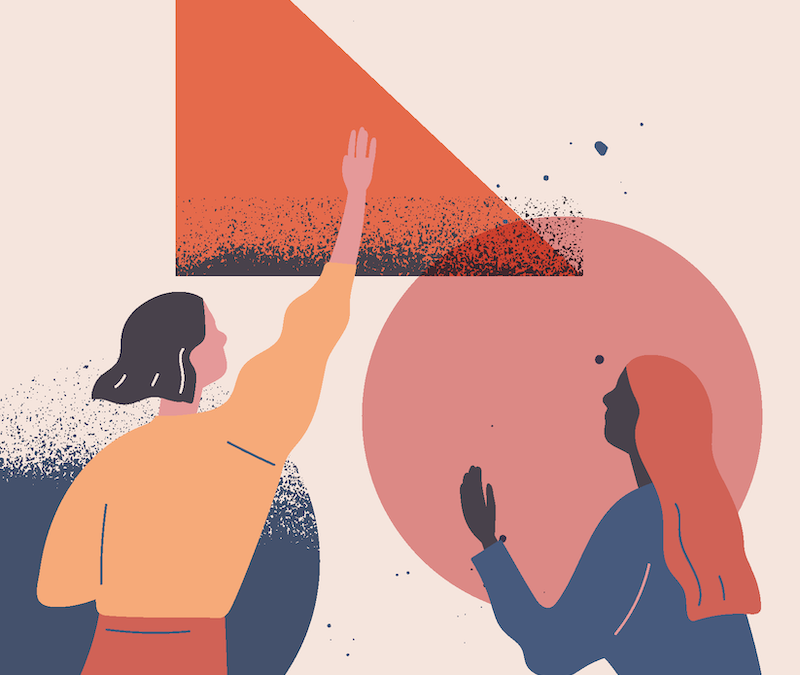
Calling the Mayor to get behind a London Relationships Commission
In brief In the wake of our latest report, 'The Relationship-Centred City', David calls on the Mayor of London to create an environment in which relationships can thrive by getting behind a London Relationships Commission. A couple of weeks ago I asked the Big...

Podcast: A relational social policy
In brief In this Joining the Dots podcast, hosted and produced by our partners at Ratio, David explores the potential of a relational social policy and reflects on the Islington Green Paper Fairer Together.
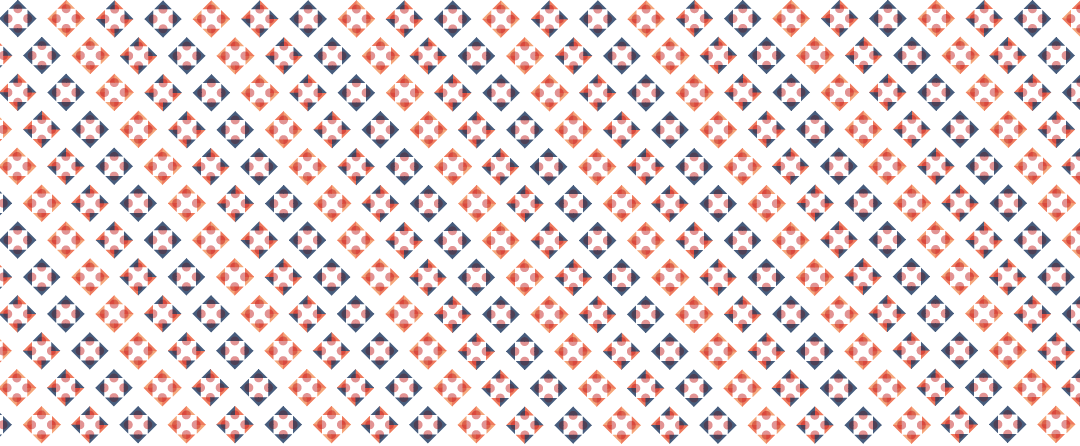
Piers Morgan, Love Island and a relationship centred business
In brief In this short blog, David reflects on the sort of relationship-centred business that helps make the world a much better, warmer, kinder place. Half asleep I stumble across a tweet from someone called Matt Haig, of whom I have never heard....

How we live together
In brief “Working for social progress isn’t about waiting for all the stars to align; it’s about making change for ourselves, by the light that we have.” In this essay, David Robinson considers the state of relationships in 2020 and how to do better in the new...
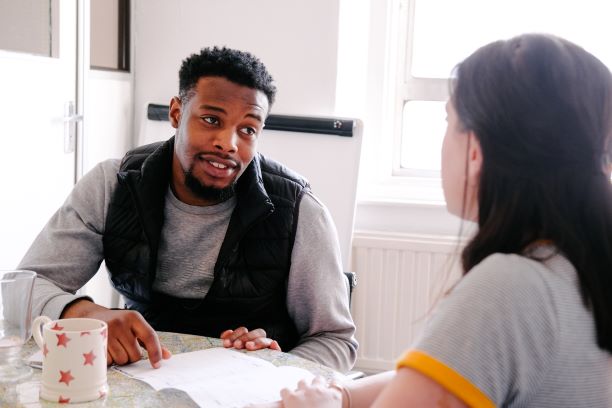
The case for relational resettlement
In brief In this blog, Sam Boyd - Head of Policy, Impact and Communications at Switchback - describes the transformational effect of personal relationships on the lives of young offenders, offering them a way to rebuild their lives and their relationship with...
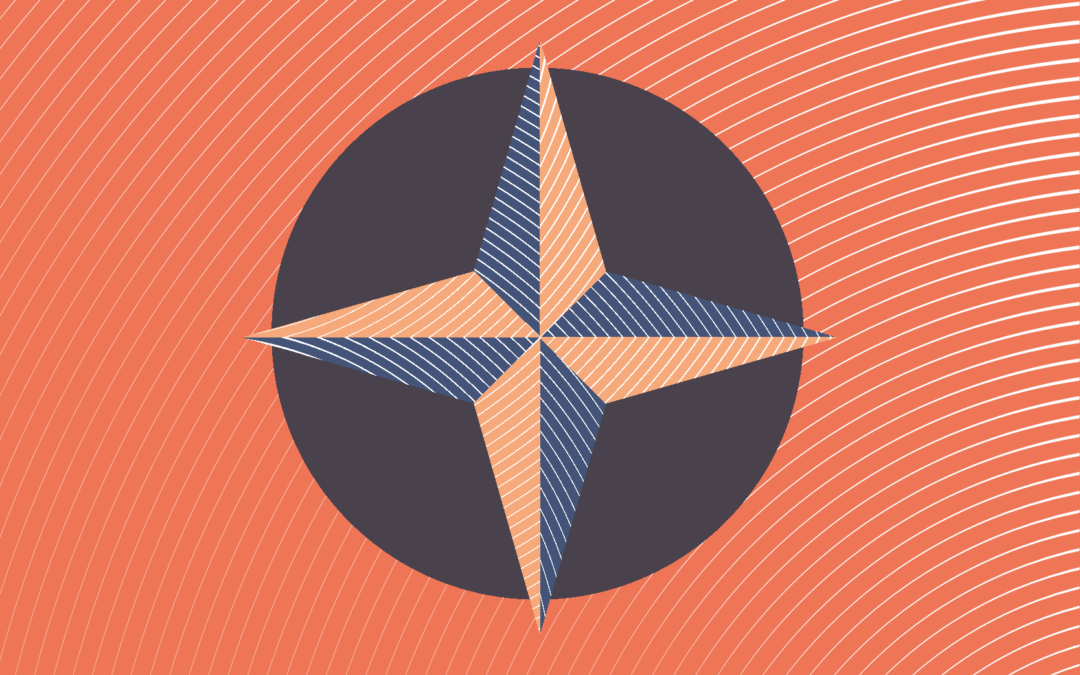
Blueprints, Clues and Cues
In brief In this blog, Immy outlines our upcoming plans to develop practical tools that support the design and redesign of more relationship-centred places. The problemHere at The Relationships Project we believe that everything works better when relationships...
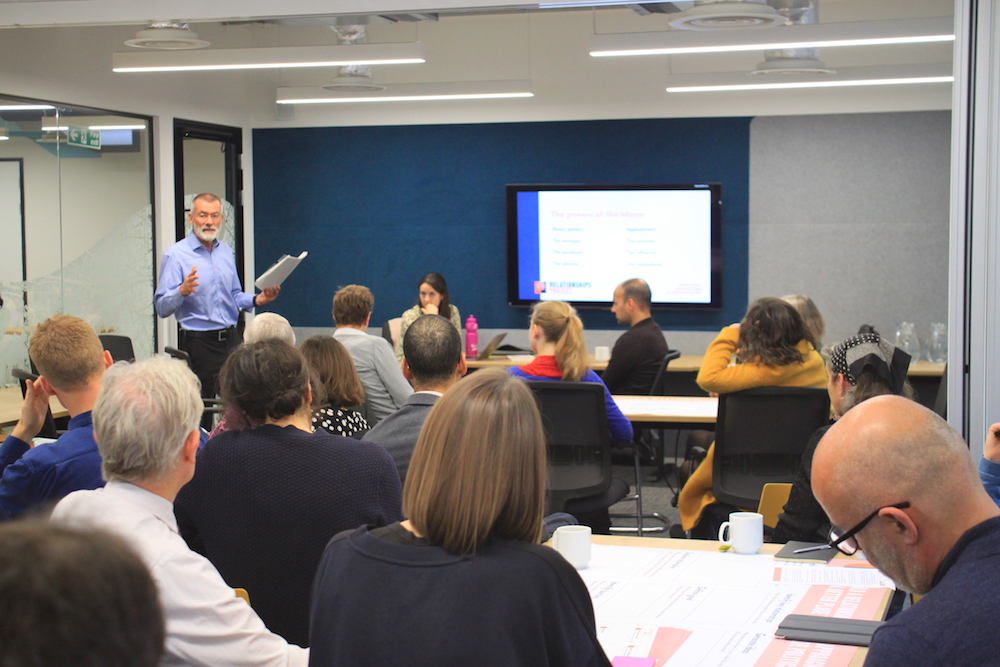
Imagining a relationship-centred London
In brief In this blog, David shares his reflections on an thoughtful, energetic event in which 25 Londoners reimagined the city from a more relationship-centred perspective.One big question is at the heart of the work of the Relationships Project: “How would...
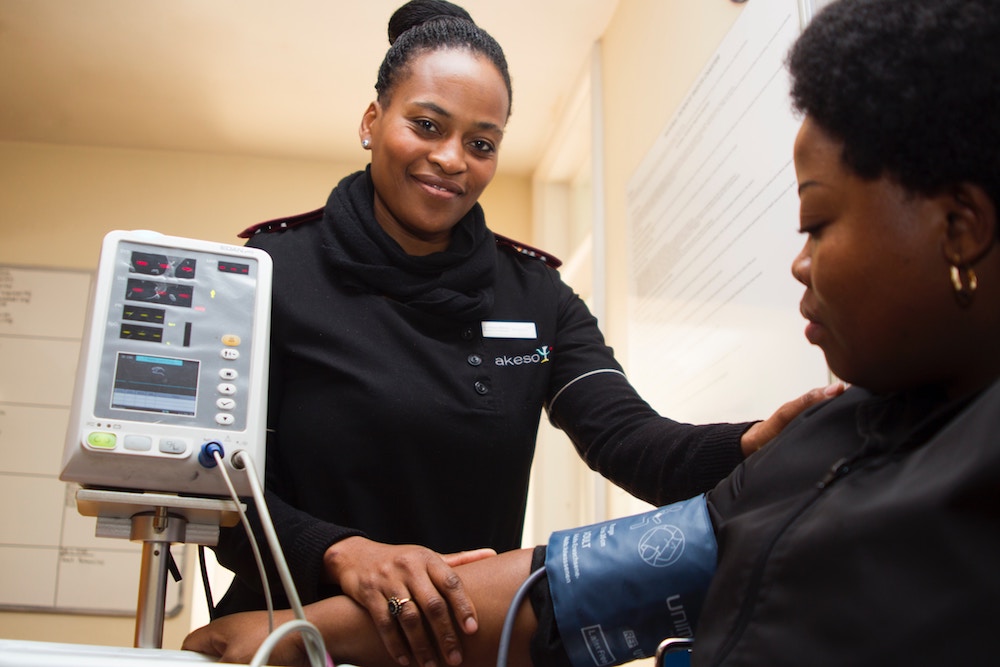
Relationship-Centred Public Services
In brief In this piece for Joining the Dots blog Ray Shostak considers the “enabling conditions” for developing relational practice and suggests a framework for supporting them. Ray has been a teacher, a local authority worker, a civil servant and eventually Head...
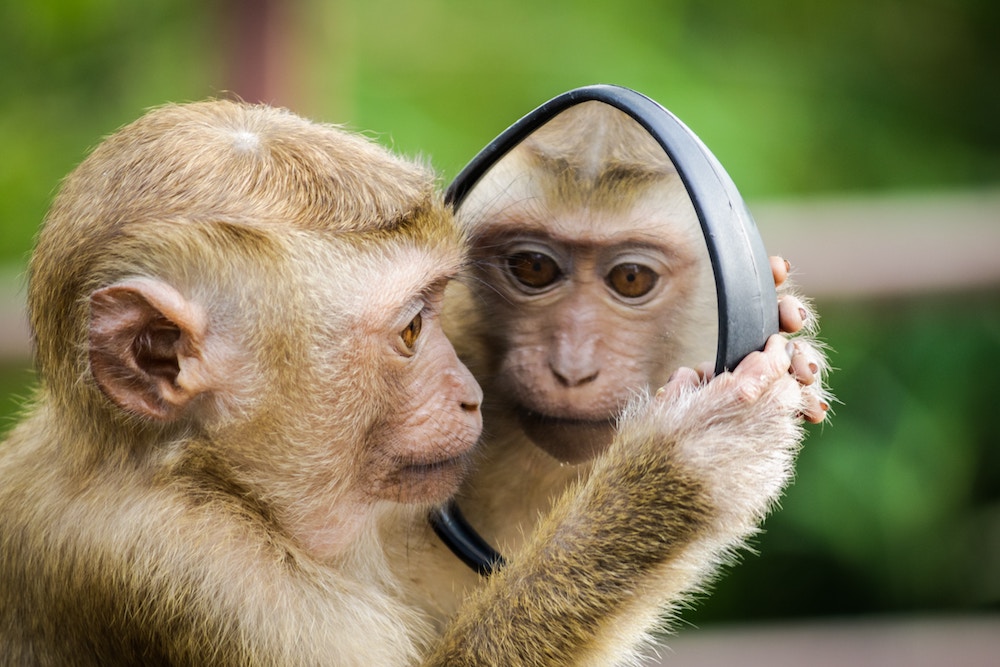
Relationships and their impact on Community Hubs
In brief In this contribution to Joining the Dots Arvinda Gohil discusses relationship building in local communities and the importance of organisations that “mirror” the communities they serve. Arvinda Gohil has recently taken on the role of CEO at Central...

Who is helping who? Co-production and professional boundaries within social care services
In brief In this piece for Joining the Dots Nick Andrews discusses the true nature of co production and how good support is founded in, and reflects back, the kind of relationships that Martin Buber called “I– thou” not “I- it”. Nick is a social worker, a teacher and...
